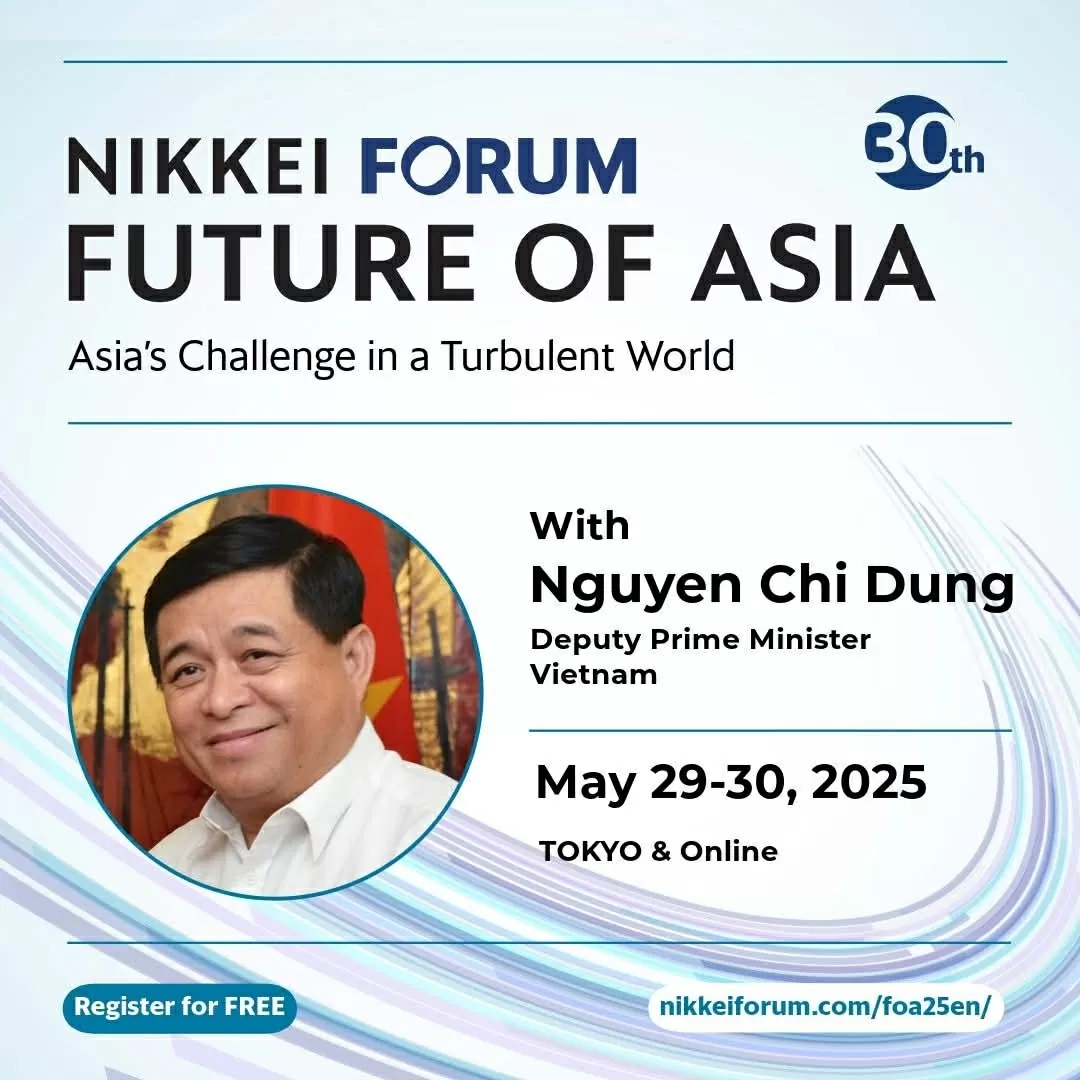 |
| Information about Deputy Prime Minister Nguyen Chi Dung attending the 30th Future of Asia Conference on the Forum's homepage. |
Could you share with us the purpose and main message that Deputy Prime Minister of Vietnam Nguyen Chi Dung will bring to this year's Future of Asia Conference?
Deputy Prime Minister Nguyen Chi Dung's main purpose in attending the 30th Future of Asia Conference is to affirm Vietnam's strong commitment to contributing to shaping the future of the Asian region, promoting multilateral cooperation and sustainable development.
The main message that the Deputy Prime Minister will bring to the Conference is that in the context of a world of profound changes and transformations, Asia is facing many challenges. However, this is also an opportunity for Asia to promote its pioneering role, the pillar of the free trade system based on rules, the cradle of developing new economic linkage ideas and trade agreements, promoting global investment, and being the leading region in sustainable and inclusive development. Vietnam affirms the spirit of cooperation and responsibility, promoting free trade and sustainable and inclusive development, joining hands to solve difficulties for peace, cooperation and development in the region and the world, continuing the success story, overcoming the middle-income trap in the era of national development.
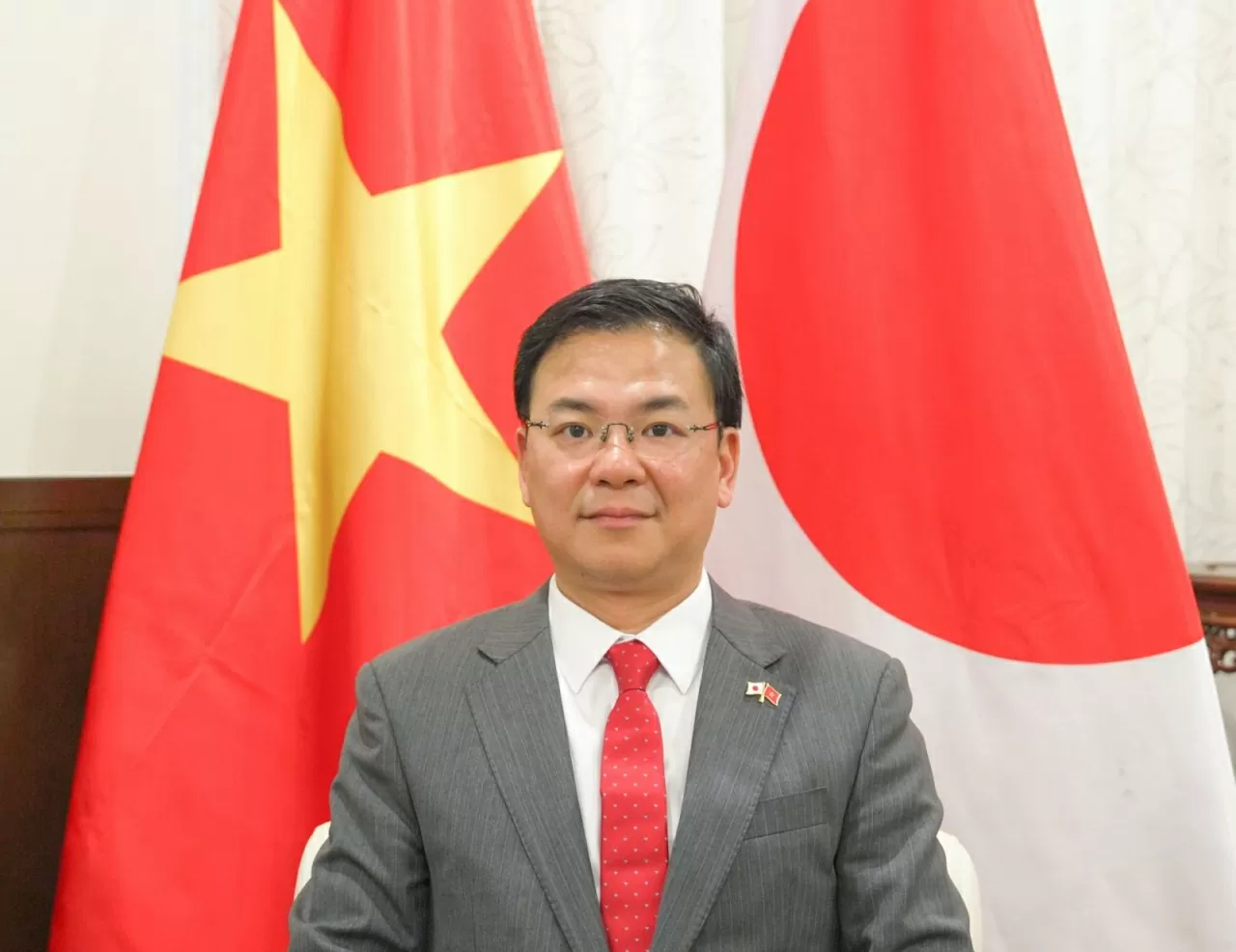 |
| Vietnamese Ambassador to Japan Pham Quang Hieu. (Source: Vietnamese Embassy in Japan) |
This year’s conference takes place in a context of global instability and Asia facing many challenges. How does Vietnam assess the role of regional cooperation in maintaining stability and promoting sustainable growth, Ambassador?
Vietnam is deeply aware that in the context of the world undergoing complex changes, from geopolitical tensions to economic, environmental, and non-traditional security challenges, regional cooperation is the key to maintaining stability and promoting sustainable growth. Asia, with its dynamism and diversity, plays an important role as a driving force of the global economy, expected to contribute 70% of global growth by 2030.
Vietnam highly values regional cooperation mechanisms such as ASEAN, APEC, and free trade agreements, in which Japan has actively participated. Regional cooperation should focus on strengthening the multilateral trading system, ensuring stable supply chains, and promoting new areas such as the digital economy, green energy, and innovation. Vietnam is committed to working with Asian countries to promote dialogue, build trust, and address common challenges.
What does the participation of the Vietnamese Deputy Prime Minister at an important international forum such as the Future of Asia Conference show about Vietnam's commitment to promoting multilateral dialogue and enhancing regional cooperation, Ambassador?
Deputy Prime Minister Nguyen Chi Dung's attendance at the 30th Future of Asia Conference demonstrates Vietnam's strong commitment to promoting multilateral dialogue and enhancing regional cooperation. The visit contributes to promoting and elevating multilateral diplomacy in the spirit of Resolution 59 of the Politburo on international integration in the new situation, while continuing to affirm Vietnam's position, role, image and responsible contribution in participating in solving regional and global issues in the context of increasing world fluctuations, contributing to the common effort to promote peace, stability, cooperation and development.
The Deputy Prime Minister’s participation at the Summit is a testament to Vietnam’s determination to contribute to common solutions to regional and global challenges, from economics and trade to climate change and digital transformation. Vietnam also wishes to deepen its Comprehensive Strategic Partnership with Japan, a leading important partner, through promoting economic cooperation, investment, and people-to-people exchanges. The Summit is an opportunity for Vietnam to share its vision of a united, resilient, and innovative Asia, while affirming Vietnam’s proactive and active role in regional forums.
In the context of global economic and political fluctuations, could you please tell us about the foreign policy and international cooperation orientations that Vietnam will pursue in the coming time to flexibly adapt and promote its role in the region?
In the context of many fluctuations in the global economy and politics, Vietnam will continue to adhere to its independent and self-reliant foreign policy, while flexibly adapting to new challenges. Some of Vietnam's foreign policy and international cooperation orientations in the coming time include:
First, strengthen multilateral cooperation through mechanisms such as ASEAN, APEC, and the United Nations, to contribute to common solutions to global issues, from climate change, food security to digital transformation. Vietnam will continue to support the multilateral trading system, promote economic agreements such as the CPTPP and RCEP, and protect peace and stability in the region, based on international law.
Second, deepen relations with strategic partners, of which Japan is one of the leading partners, through enhancing economic cooperation, investment, education, and technology transfer. Vietnam highly appreciates Japan's role in supporting infrastructure development, green transformation, and human resource training, and wishes to further promote ODA projects and cultural and people-to-people exchanges.
Third, Vietnam will continue to improve the investment environment, enhance competitiveness, and take advantage of opportunities from digital transformation and green transformation to attract foreign investment, of which Japan is one of the leading partners.
With a proactive, positive and responsible spirit, Vietnam is ready to play a greater role in shaping Asia's future, contributing to building a peaceful, stable and prosperous region.
Source: https://baoquocte.vn/cam-ket-manh-me-cua-viet-nam-gop-phan-dinh-hinh-tuong-lai-khu-vuc-chau-a-315670.html


![[Photo] 12th grade students say goodbye at the closing ceremony, preparing to embark on a new journey](https://vphoto.vietnam.vn/thumb/1200x675/vietnam/resource/IMAGE/2025/5/28/42ac3d300d214e7b8db4a03feeed3f6a)
![[Photo] Vietnamese and Hungarian leaders attend the opening of the exhibition by photographer Bozoky Dezso](https://vphoto.vietnam.vn/thumb/1200x675/vietnam/resource/IMAGE/2025/5/28/b478be84f13042aebc74e077c4756e4b)
![[Photo] General Secretary To Lam works with the Central Policy and Strategy Committee](https://vphoto.vietnam.vn/thumb/1200x675/vietnam/resource/IMAGE/2025/5/28/7b31a656d8a148d4b7e7ca66463a6894)
![[Photo] Prime Minister Pham Minh Chinh receives a bipartisan delegation of US House of Representatives](https://vphoto.vietnam.vn/thumb/1200x675/vietnam/resource/IMAGE/2025/5/28/468e61546b664d3f98dc75f6a3c2c880)

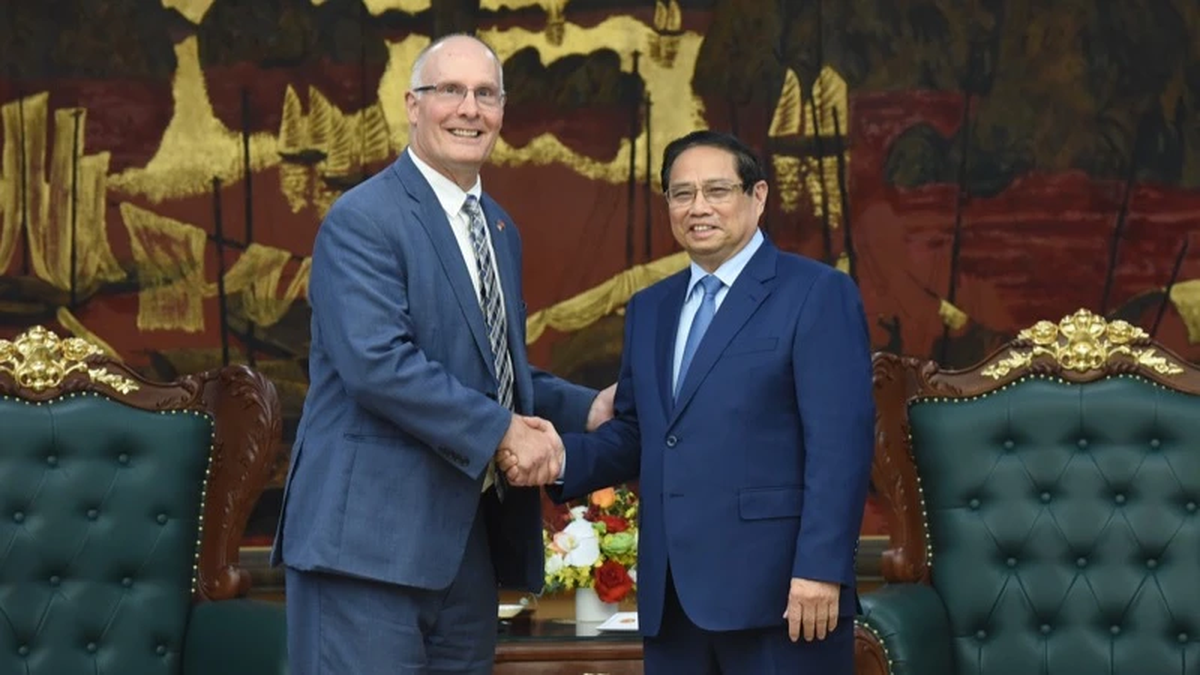
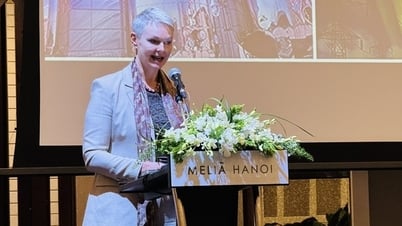
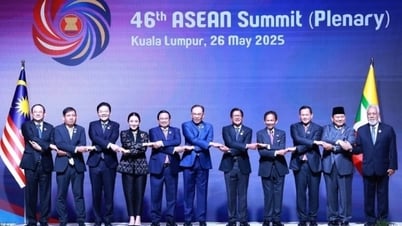
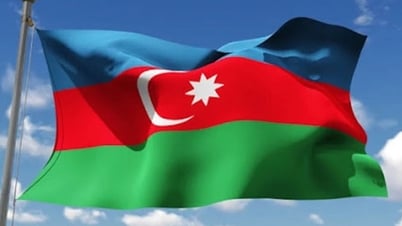

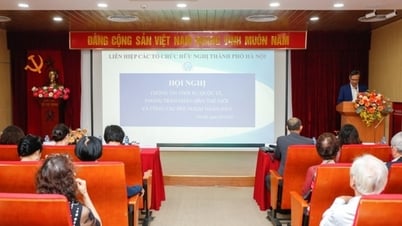
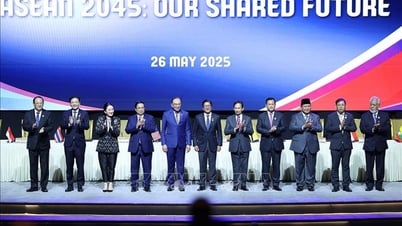

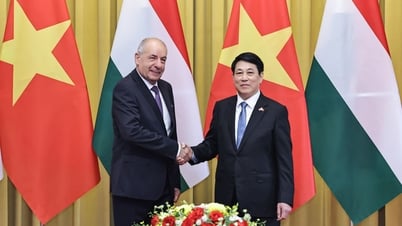









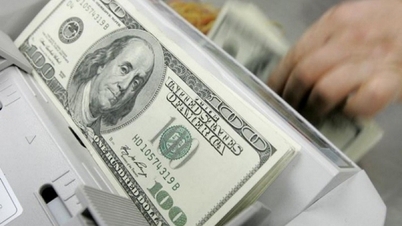
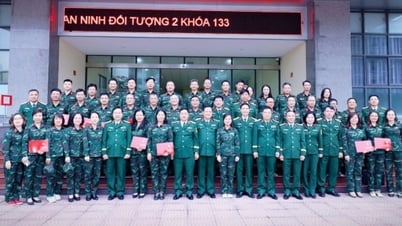



























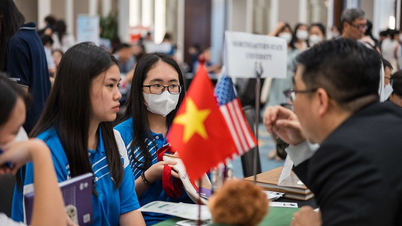












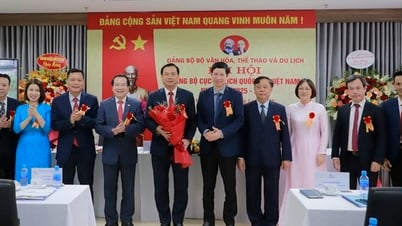
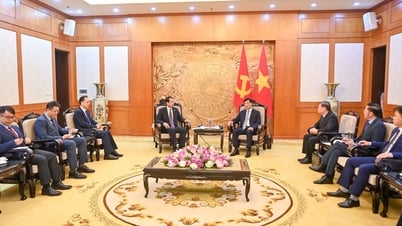




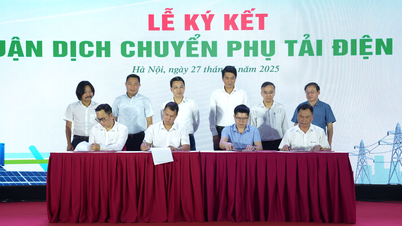
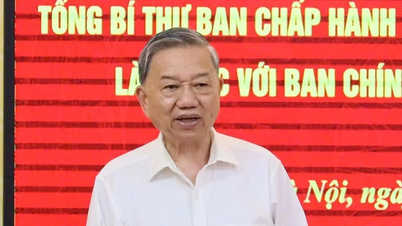

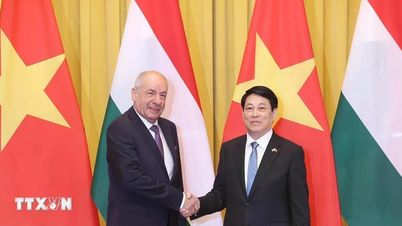
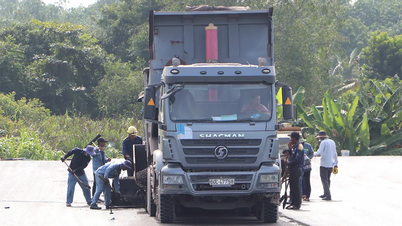

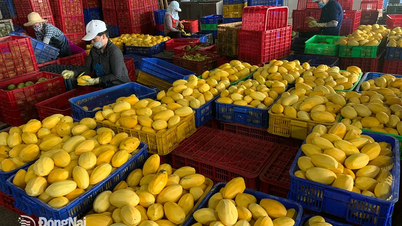
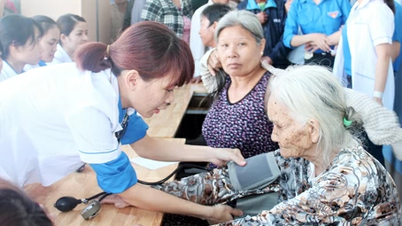
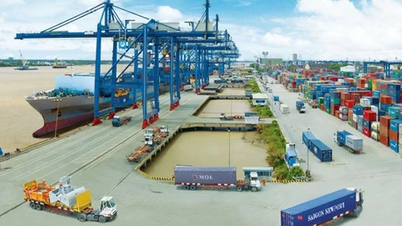








Comment (0)